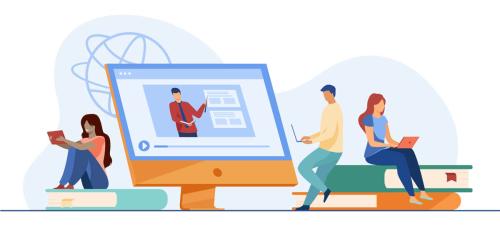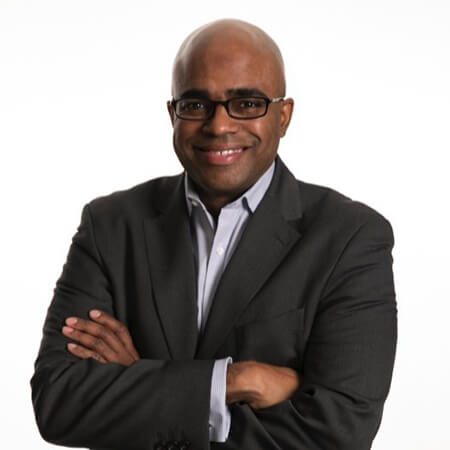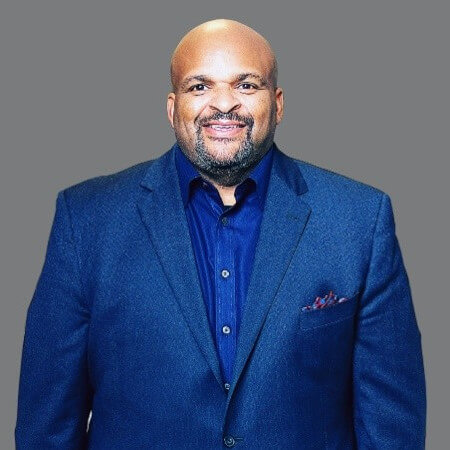At its most cellular level, an organization is comprised of people. And the people within an organization are the ones to best move it forward, regardless of changes in technology, policy, and resources. That’s why understanding — and effectively engaging — employees is critical to organizational success.
Discover what three experts in the field of human and organizational learning have to say on ways to enhance employee engagement in the workplace.
Understand Individual Communication Preferences

More often than not, leaders are put into positions to lead people or projects without proper leadership training or development. Leslie Zemnick, M.A. ’24, a change management consultant, suggests that one way to bridge that gap and help leaders engage, motivate, and mobilize their teams is by helping them first understand their own leadership style and their team’s styles. A key component of understanding one’s leadership style is also recognizing how one prefers to communicate.
Once that understanding is in place, it allows us to modify interactions based on how others prefer to exchange information. It also expands our understanding of how our colleagues and peers operate. “When you’re deepening your communication channels, when you're increasing your communication amongst your team members, this is where you start to see that better sense of connection and internal collaboration,” explains Zemnick.
In turn, this increased sense of employee engagement can enhance organizational effectiveness, resilience, and innovation — all by recognizing individual communication preferences.
Prioritize Learning & Development
For Corey Adams, Ed.D. ’20, a learning officer in the public sector, it was a career in the military that sparked his interest in human behavior and adaptation. He noticed how policies, procedures, and rules changed as needed, but wanted to understand how people came together to implement those changes. Firsthand experience combined with academic rigor confirmed that learning and development is one of the key drivers to employee engagement and change management.

“Learning serves as a good medium that fosters knowledge sharing, communicates purpose, and the means to fulfill that purpose at every level of the organization,” says Adams. When we allow employees and leaders the opportunity to deepen their understanding of a concept, it creates a sense of empowerment, increases employee engagement, enhances organizational productivity, and ultimately, welcomes change.
Creating opportunities for people to advance their own learning and development — both as a leader and as an employee — is crucial to success within an organization.
Cultivate Psychological Meaningfulness

Russell Robinson, Ed.D. ’18, has a unique perspective when it comes to management and leadership. For starters, his role with the Key Undergraduate Leadership Certificate Program at the American University means he addresses leadership with undergraduate students rather than the more typical class of mid-career professionals.
A theme he kept coming back to was a desire to feel valued. Students want to feel valued in the classroom, just as employees want to feel valued in the workplace. “It is a person’s individual feeling through their experience of connection or disconnection within the organization, which impacts organizational and personal outcomes,” explains Robinson. When people feel valued, they develop a sense of belonging, a sense of psychological meaningfulness. He adds, “If you are working with people, then you have to understand what their experience is like so you can maximize that."
By cultivating psychological meaningfulness within employees, leaders can enhance their employees’ sense of belonging, leading to an increase in employee engagement.
For those who are interested in the intersection of knowledge, leadership development, and building capacity, a graduate degree program in Human and Organizational Learning may be just the ticket. At the George Washington University Graduate School of Education and Human Development, scholar-practitioners are taught to articulate solutions and meet people where they are in ways that resonate and matter to them. Learn more about our programs and how you can help ordinary people turn into extraordinary leaders.
We would like to offer a special thanks to the GW Graduate School of Education and Human Development (GSEHD) alumni who provided their expertise for this article:

Leslie Zemnick (MA '24)
Organizational Leadership Development Consultant

Corey Adams (EdD ’20)
Chief Learning Officer and Associate Director, Learning and Organizational Change Team | Farm Credit Administration

Russell Robinson (EdD ’18)
Director, Key Undergraduate Leadership Program; Professorial Lecturer, School of Public Affairs | American University
Founder |Amplified Research and Consulting


